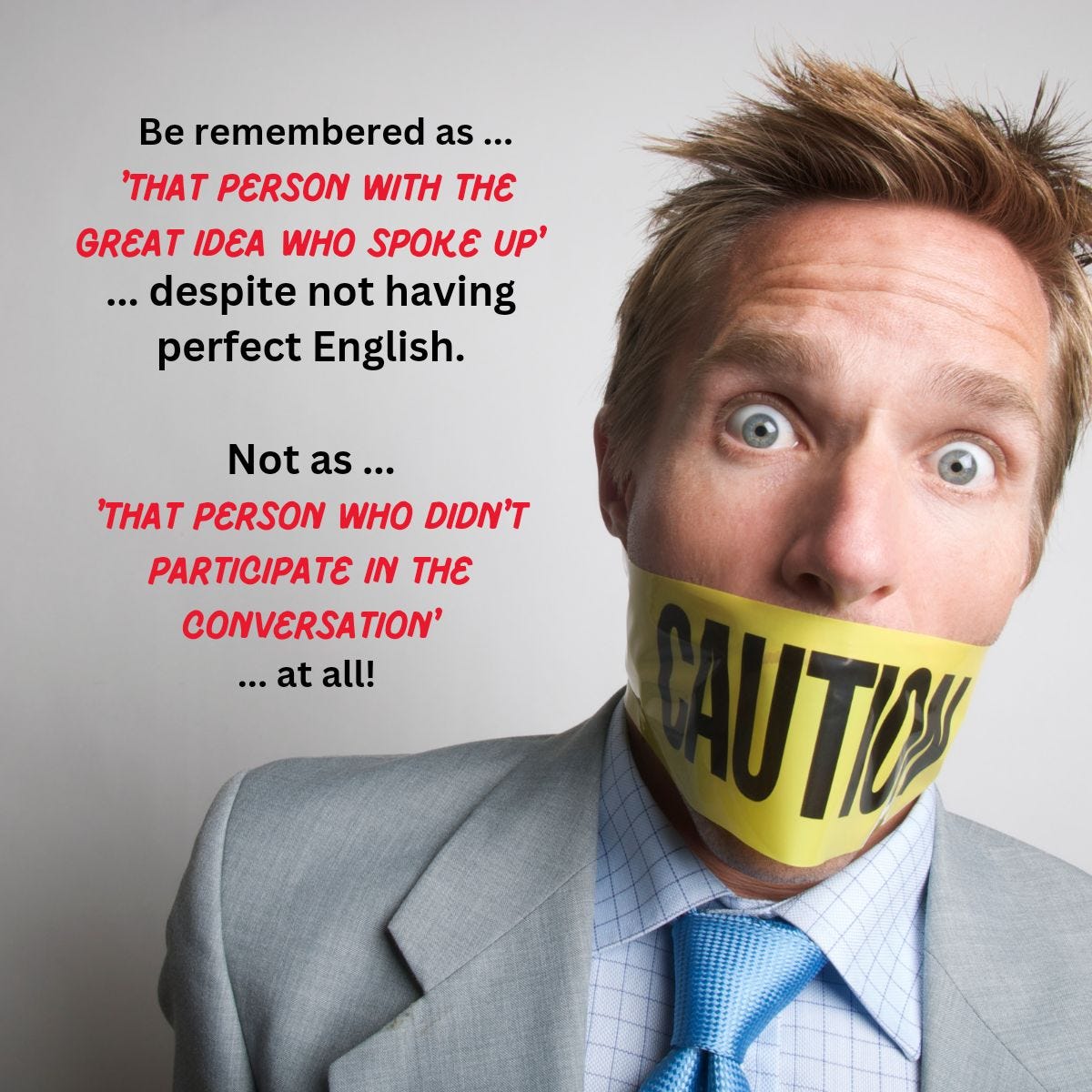Friday Focus: Confident Communication
Vocabulary and Techniques
In today's interconnected world, effective communication is more vital than ever. For English language learners, building confidence in speaking and interacting can transform opportunities, whether in academic settings, professional environments, or everyday social situations.
It's not just about knowing the right words; it's about how you use them and how you present yourself.
This article will delve into specific vocabulary, phrases, and techniques that will help you sound and exude confidence, empowering you to communicate more effectively and make a lasting impression.
Why Confidence Matters in English Communication
Imagine you're presenting an idea, participating in a job interview, or simply meeting new people. When you communicate with confidence, you convey credibility, competence, and conviction. This makes your message more impactful, helps you build rapport, and allows you to express your thoughts clearly without hesitation.
Lack of confidence, on the other hand, can lead to misunderstandings, missed opportunities, and a feeling of being unheard. By mastering the art of confident communication, you're not just improving your English; you're enhancing your overall presence.
Remember…
Vocabulary for Expressing Certainty and Conviction
Let's start with the building blocks: words that directly convey your certainty and strong belief in what you are saying.
1. Words Expressing Strong Belief or Certainty:
Certainly / Definitely / Absolutely: These adverbs are powerful affirmations.
Example: "I certainly believe this project will succeed."
Example: "We will definitely meet the deadline."
Example: "That's absolutely the best approach."
Undoubtedly / Unquestionably / Indisputably: These words leave no room for doubt.
Example: "She is undoubtedly the most qualified candidate."
Example: "The data unquestionably supports our hypothesis."
Convinced / Assured / Confident: These adjectives describe your internal state of belief.
Example: "I am convinced this strategy will yield positive results."
Example: "He feels assured of his decision."
Example: "We are confident in our ability to deliver."
Categorical / Unequivocal: Used for statements that are clear and leave no doubt.
Example: "The CEO gave a categorical denial of the rumours."
Example: "Her support for the proposal was unequivocal."




